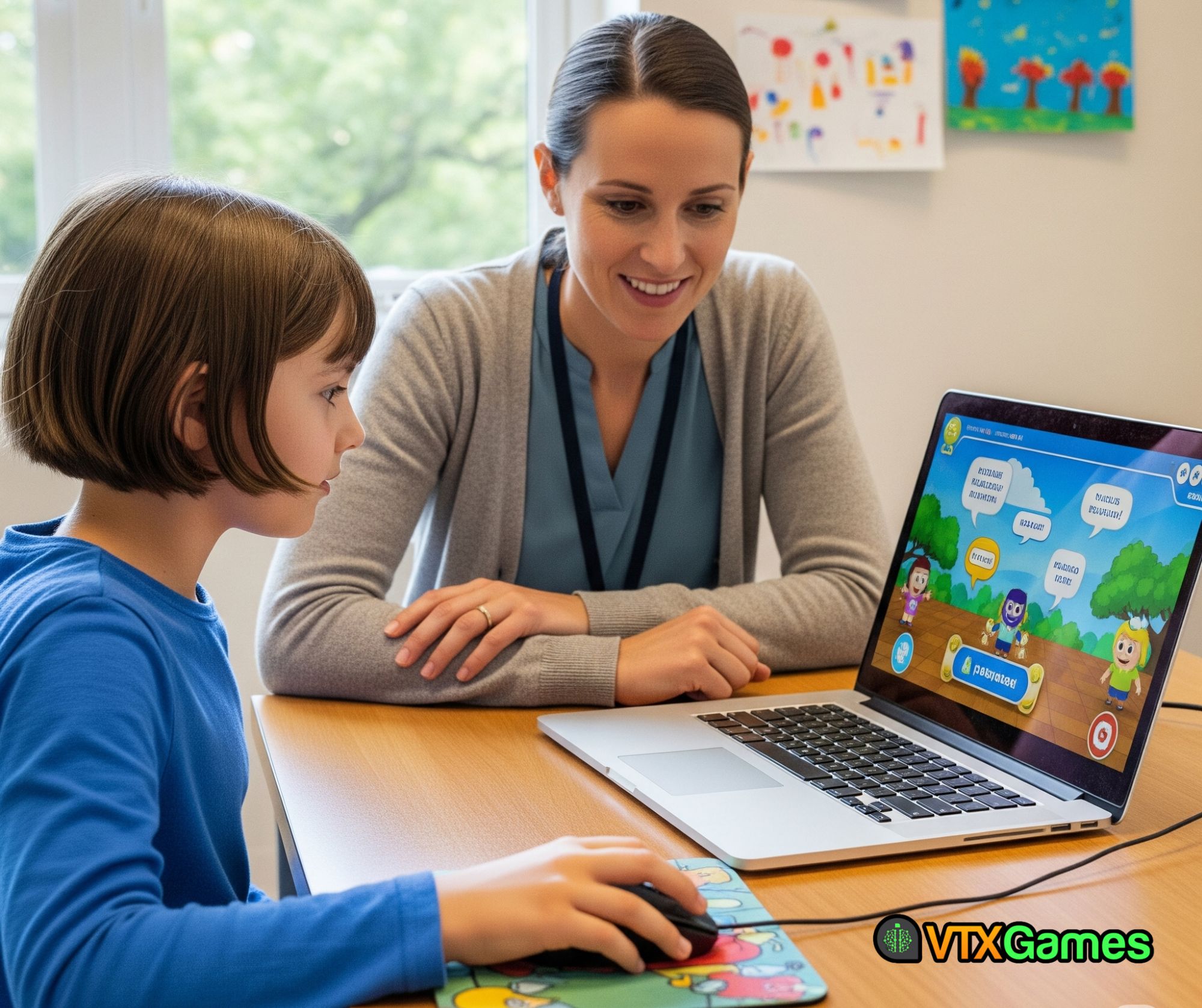As a therapist, you know that keeping clients engaged is half the battle. When sessions feel like a chore, progress can slow down, and both you and your client can start to feel a little burnt out. But what if you could transform your therapy sessions into something your clients actually look forward to?
The answer lies in the power of play. Therapy games are a fantastic tool for making learning and growth fun, interactive, and effective. By weaving games into your sessions, you can unlock a new level of connection and motivation.
Why Use Therapy Games?
Therapy games are more than just a distraction; they are a powerful clinical tool. They can:
-
Increase engagement: Games naturally capture a client's attention and can be easily adapted to their interests, making it easier to work on even the most challenging goals.
-
Reduce anxiety: The playful, low-pressure environment of a game can help clients relax and feel more comfortable opening up. It shifts the focus from "work" to "fun," which is especially helpful for clients who are hesitant about therapy.
-
Make repetitive tasks enjoyable: From practicing speech sounds to developing fine motor skills, many therapeutic activities require repetition. Games can transform these tasks into a series of fun challenges, providing a sense of accomplishment and encouraging consistent effort.
-
Provide a natural context for learning: Games mimic real-life situations, allowing clients to practice new skills in a natural, spontaneous way. They can provide immediate, positive feedback and help clients generalize skills outside of the therapy room.
Games for Every Discipline
The beauty of therapy games is that they can be tailored to support a wide range of therapeutic goals.
-
Speech Therapy: Games can be used for articulation, phonology, fluency, and language development. They can also provide a great context for working on social communication skills.
-
Occupational Therapy: Games can target fine motor skills, hand-eye coordination, visual-motor integration, and cognitive skills like memory and problem-solving.
-
Mental Health: Play can be a powerful way to help clients, especially children and adolescents, express themselves. Games can be used to teach emotional regulation, identify feelings, and develop coping strategies in a non-threatening way.
Ready to bring the power of play into your practice? Explore how interactive games can transform your therapy sessions and help your clients reach their full potential.







Leave a Comment
Recent Comments